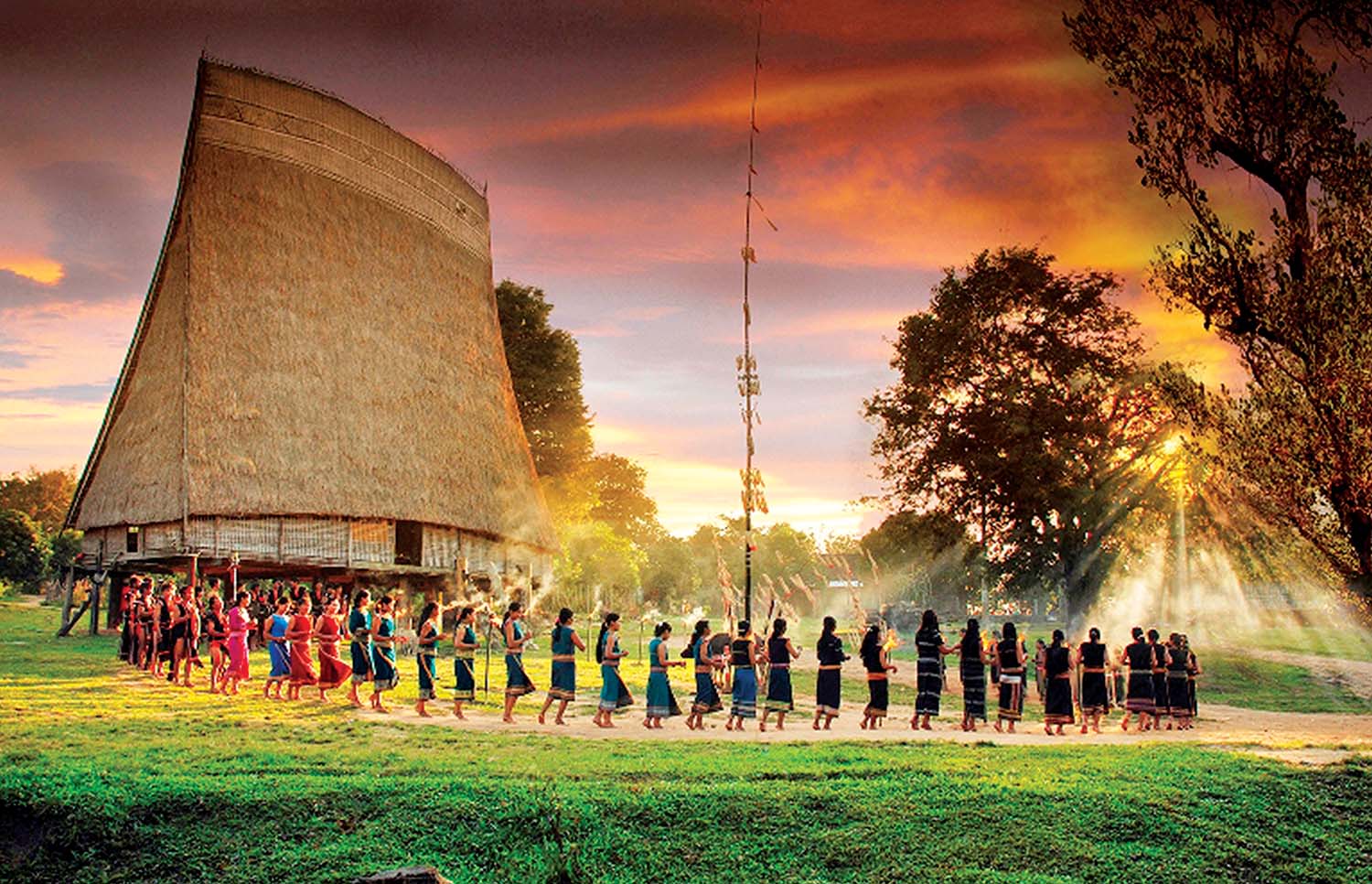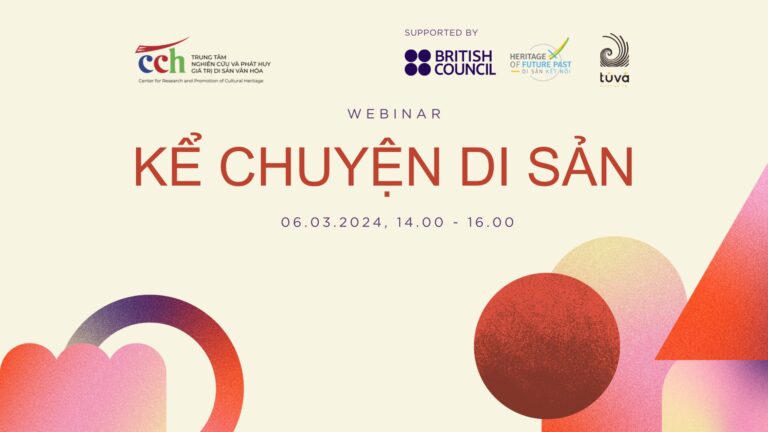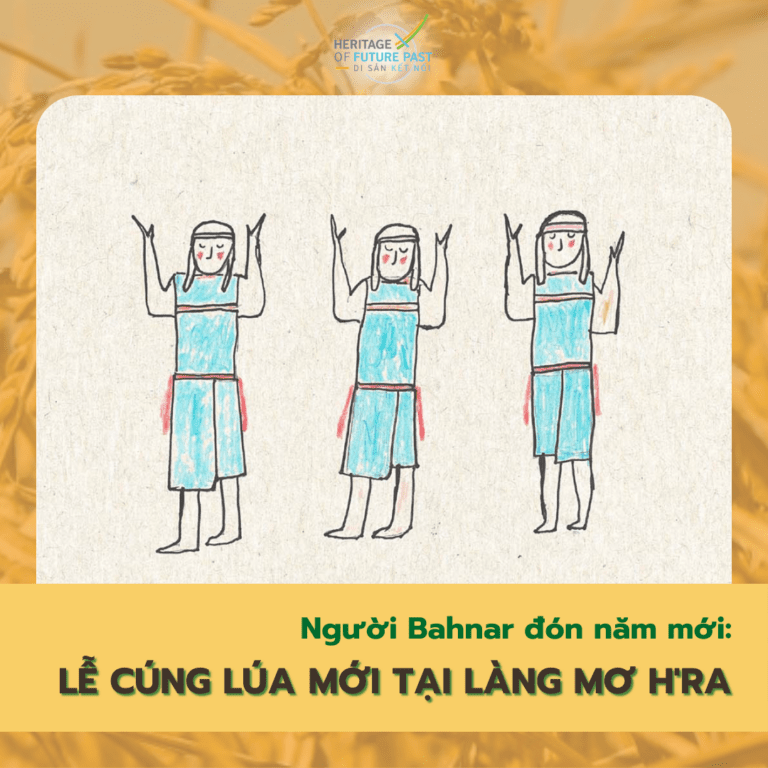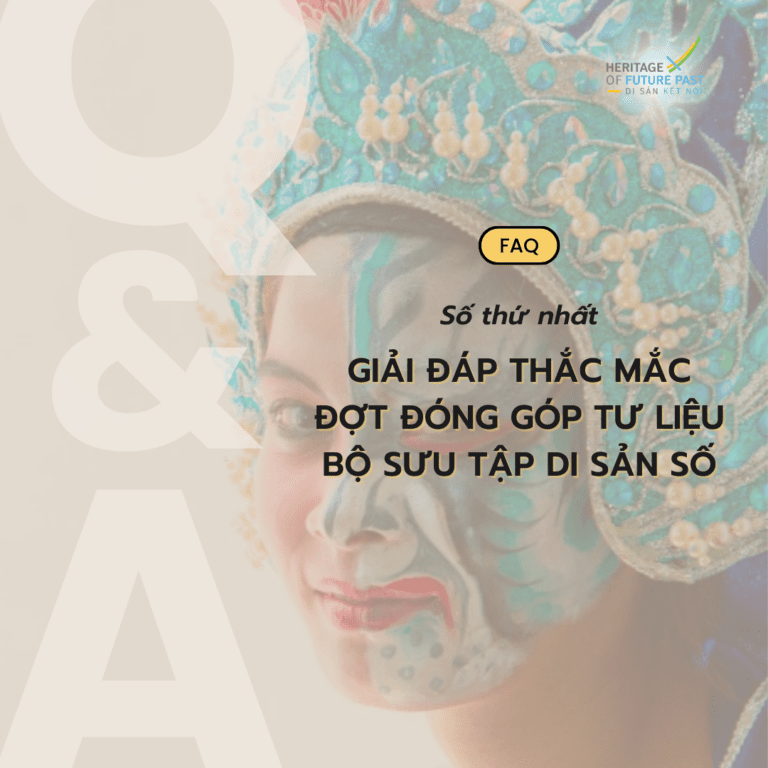Building an advanced Vietnamese culture, imbued with national identity so that Vietnamese culture and people truly become an endogenous strength, creating a driving force for national development and national defense is a task that our Party and State pay special attention to. This is also an important basis in orienting and building policies to preserve, promote and advertise the cultural values of ethnic minorities in the current context of globalization.
Ethnic minorities in Vietnam live on ¾ of the country's land area, mainly concentrated in mountainous areas, midlands, border areas, islands, remote areas. The culture of ethnic minorities in our country is both unified and diverse. The unity is because Vietnamese culture was shaped and selected from the process of uniting to fight foreign invaders and expand the territory; from the process of building dikes, controlling floods, protecting crops; from deep patriotism...
Diversity is due to the fact that ethnic minorities live in different natural, geographical and climatic conditions, with regional characteristics. Preserving and promoting the cultural values of ethnic minorities plays an important role in preserving and promoting traditional Vietnamese cultural values in the current context of globalization.
On July 27, 2011, the Prime Minister issued Decision No. 1270/QD-TTg approving the Project “Preserving and developing the culture of Vietnam’s ethnic minorities until 2020”. This event is of great significance in preserving and promoting the traditional cultural values of ethnic minorities to meet practical requirements.
Based on Decision No. 1270/QD-TTg, the Ministry of Culture, Sports and Tourism coordinated with the Ministry of Planning and Investment to submit to the Prime Minister for promulgation Decision No. 936/QD-TTg dated June 30, 2017 approving the Cultural Development Target Program for the period 2016-2020. Along with that is Conclusion No. 65-KL/TW dated October 30, 2019 of the Politburo on continuing to implement Resolution No. 24-NQ/TW dated March 12, 2003 of the 9th Party Central Committee on ethnic work in the new situation; The Cultural Development Strategy to 2030 was promulgated under Decision No. 1909/QD-TTg dated November 12, 2021 of the Prime Minister; National target program on socio-economic development in ethnic minority and mountainous areas for the period 2021-2030, phase I: from 2021 to 2025 according to Decision No. 1719/QD-TTg dated October 14, 2021 of the Prime Minister...
The effective preservation and promotion of cultural values have contributed to the achievements in socio-economic development, enriching and diversifying the spiritual life of ethnic minorities, contributing to the overall development of the locality and the country. The self-management, awareness of origin, and community solidarity in the villages, hamlets, and hamlets of ethnic minorities in Vietnam have been maintained and promoted.
The movement of “All people unite to build a cultural life” associated with the construction of new rural areas creates a healthy, rich, diverse cultural environment, improving the spiritual life of ethnic minorities. Many historical and cultural relics and scenic spots in ethnic minority areas have been paid attention to, scientific records have been established and ranked at the national and special national level. According to statistics from the Ethnic Committee, there are currently 3 central museums and 65 provincial museums collecting, inventorying and displaying traditional cultural heritages of ethnic minorities in Vietnam.
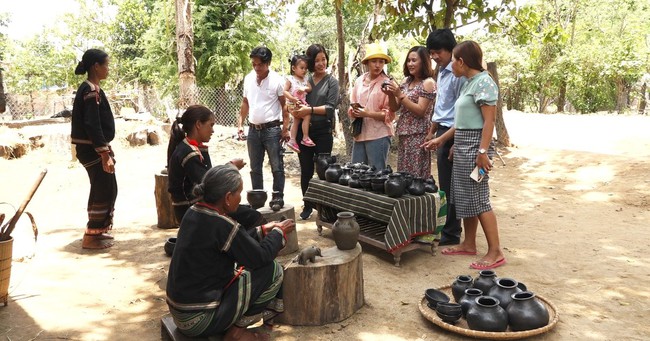
More than 150 intangible cultural heritages of ethnic minorities have been included in the National Intangible Cultural Heritage List (out of nearly 300 heritages nationwide). Through meaningful activities implemented in recent times, tangible and intangible cultural heritages of ethnic minorities have been preserved, honored and promoted; the tradition of patriotism and national pride has been increasingly consolidated, and the strength of the great national unity bloc has been increasingly strengthened.
However, in the context of globalization and international integration today, due to the cultural exchange and import from outside and between regions, some elements of ethnic minority cultural identity are at risk of being lost and disappearing. The appearance of unhealthy foreign cultural elements among ethnic minorities is at risk of causing worrying impacts. Music is one of the important values of ethnic minority culture, but currently many young people no longer pay attention to this factor.
The gradual loss of leaf flutes, flutes, and mouth harps for young men to express their feelings to their lovers, the art of love songs, folk songs, folk dances, and the sparse use of traditional musical instruments in daily life, etc. are worrying situations in the communities of the H'Mong, Thai, Muong, Tay, and Cao Lan ethnic groups. In addition to music, ethnic languages are also at risk of being lost. Many ethnic groups have only a few dozen elderly people, village elders, and village chiefs who still use and are conscious of preserving their ethnic languages.
The gradual loss of leaf flutes, flutes, and mouth harps for young men to express their feelings to their lovers, the art of love songs, folk songs, folk dances, and the sparse use of traditional musical instruments in daily life, etc. are worrying situations in the communities of the H'Mong, Thai, Muong, Tay, and Cao Lan ethnic groups. In addition to music, ethnic languages are also at risk of being lost. Many ethnic groups have only a few dozen elderly people, village elders, and village chiefs who still use and are conscious of preserving their ethnic languages.
Or like the Bo Y ethnic group with more than 2,000 people belonging to two local groups, Tu Di (Lao Cai) and Bo Y (Ha Giang), in which the Bo Y ethnic group in Ha Giang mainly speaks Giay and Tay languages..., the Bo Y people in Lao Cai switched to speaking Quan Hoa language or the Khang, La Ha, Xinh Mun ethnic groups... in the Northwest mainly use the Thai language in communication. Some customs and practices with long-standing beauty in the culture of ethnic minorities have been distorted due to the loss of traditional cultural values...
The risk of losing the identity values of young people in ethnic minorities such as folk festivals, customs and traditional practices is increasingly evident. The implementation and evaluation of policies to preserve and promote the cultural values of ethnic minorities is still limited. In addition, there has been a situation of misunderstanding, even distortion of the identity, cultural values as well as cultural practices of ethnic minorities, especially on social networks, causing negative impacts on the community.
In fact, the culture of ethnic minorities is an important part of Vietnamese culture, a valuable asset of the country, contributing to the building of an advanced Vietnamese culture with strong national identity. It is necessary to promote the cultural values of ethnic minorities, continue to promote the leadership and management role of authorities at all levels, the active participation of functional agencies and the indispensable condition is the self-awareness and sense of responsibility of ethnic minorities.
In the coming time, it is necessary to focus on raising awareness of sectors, levels, and ethnic minorities about the unique traditional cultural values of ethnic groups, selectively absorbing the quintessence of modern culture. Continue to raise awareness of the work of planning and building policies to preserve and promote the cultural values of ethnic minorities. In each policy and legal document issued, it is necessary to consider and properly evaluate cultural goals and the impacts of culture on social development.
Concretize the Party's policies and viewpoints on preserving and promoting the cultural values of ethnic minorities into specific programs and projects, suitable to practical requirements. Review, supplement and amend policies and legal documents related to cultural work in ethnic minority areas towards the goal of sustainable development while maximizing the potential, advantages and self-reliance of ethnic minorities.
Focus on investing in building a system of grassroots cultural institutions in ethnic minority areas associated with historical and cultural relics in each region and locality. Develop mechanisms and policies to support and honor ethnic minority artisans, actively contributing to the transmission and dissemination of traditional cultural activities, and strengthening the training and fostering of successors in the cultural field.
Promote and enhance the role of local Party committees, authorities, and cultural management agencies in orienting and building sufficient resources to implement programs, projects, and scientific proposals to preserve cultural values and improve the effectiveness of cultural management in ethnic minority areas. Review and improve the organization, functions, and tasks of management agencies in a streamlined manner, improving the effectiveness of activities to preserve and promote the cultural values of ethnic minorities.
Build and develop grassroots information activities, create conditions for people to participate in mass cultural and artistic movements, organize more diverse and unique cultural and artistic programs to serve people in remote, border and island areas. Based on the characteristics of living conditions and the psychology and personality of people in each region, have appropriate propaganda measures. Pay attention to promoting the propaganda role of prestigious people in the community. Focus on preserving and developing the traditional cultural identity of ethnic minorities such as Phu La, La Ha, La Hu, Lo Lo, Chut, Co Lao, Cong, Bo Y, Si La, Pu Peo, Brau, O-du, Romam...
In the context of strong globalization as it is today, it is necessary to strengthen the application of information technology and consolidate resources to support the development of library networks, and carry out propaganda activities in ethnic minority areas to support the collection, storage, and digitization of publications in ethnic minority languages, the circulation of information resources, and the provision of mobile libraries to ethnic minority areas. It is necessary to continue to improve the capacity of reporters and editors of radio and television programs in ethnic minority languages.
Source: bvhttdl.gov.vn

